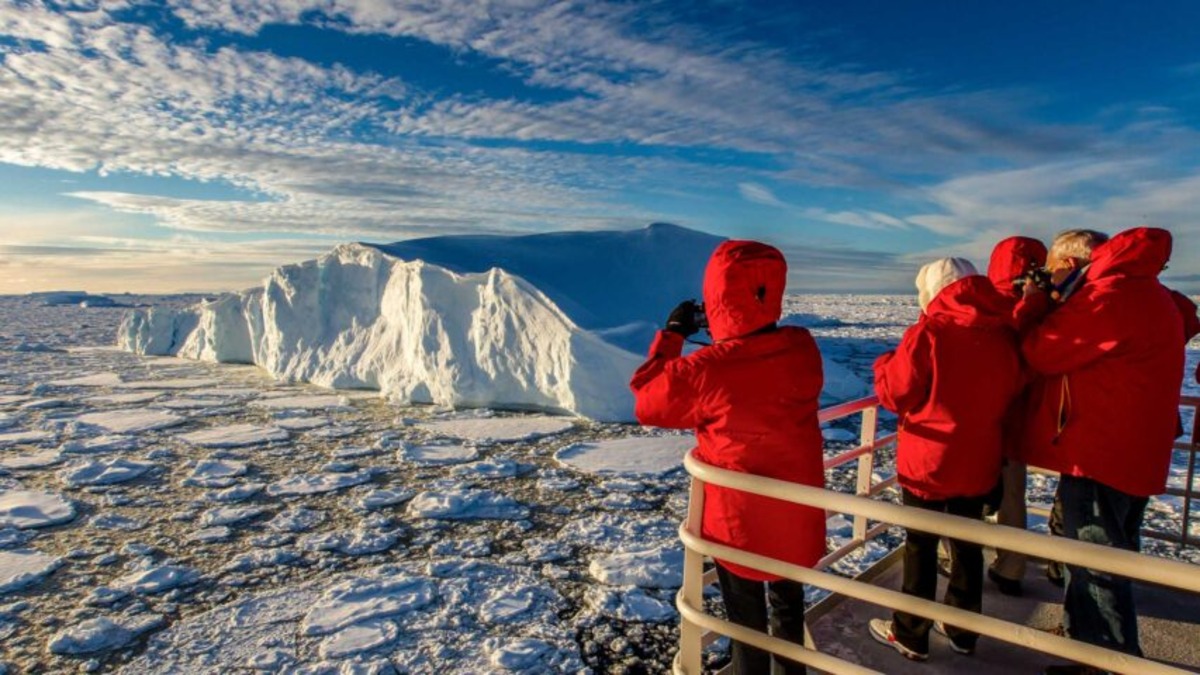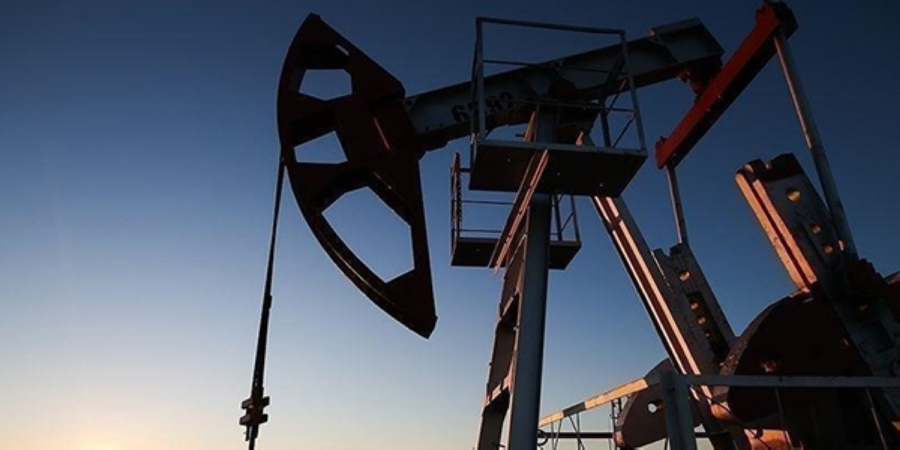Antarctica has long suffered from the effects of global warming, but a new study published in the journal Nature Sustainability warns that the situation is worsening due to the growing impact of tourism and scientific research activities.
Rising Pollution Levels
The study revealed that the concentration of fine particles containing heavy metals in areas where human activity is common is now ten times higher than it was 40 years ago. These pollutants are mainly linked to vehicle emissions and include harmful elements such as chromium, nickel, copper, zinc, and lead.
Surge in Tourism
Over the past 20 years, tourism to Antarctica has surged dramatically, increasing from around 20,000 visitors to nearly 120,000, according to the International Association of Tour Operators in Antarctica. This surge raises major concerns about the region’s fragile ecosystem.
Accelerated Snow Melt
Co-author Raul Cordeiro, a researcher at the University of Groningen in the Netherlands, explained that these particles contribute directly to faster snow melting. In an interview with AFP, he said, “The snow is melting more quickly in Antarctica due to the presence of polluting particles in areas frequented by tourists.”
Environmental Concerns
Researchers warn that without stricter regulations on tourism and scientific expeditions, Antarctica’s role as a critical climate regulator for the planet could be further undermined.












